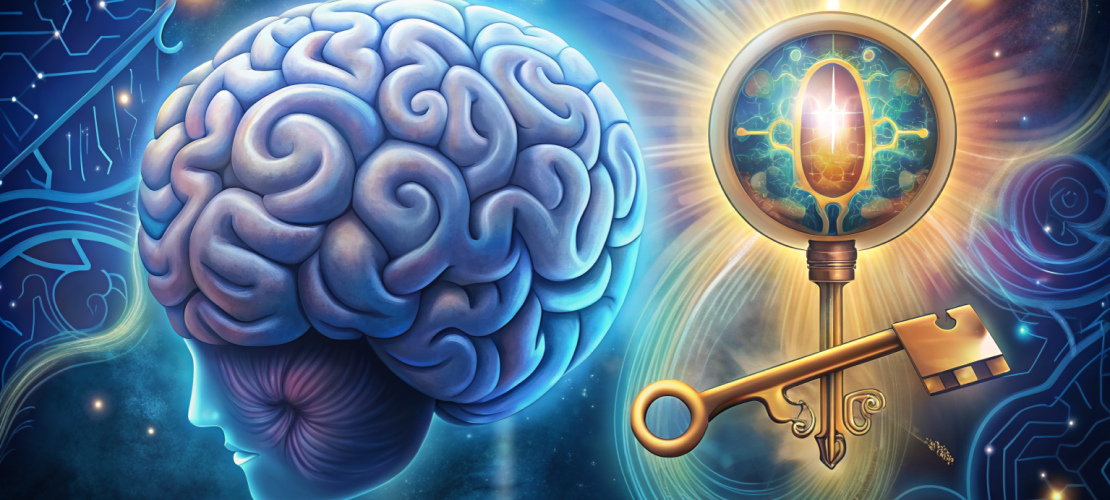This is the ideal we often aspire to when we think about memory a mental scrapbook that
perfectly preserves our past. Yet, the reality of memory is much more complex and fascinating.
It's not just a repository of our experiences but a dynamic, evolving system that shapes our
perception, learning, and emotional health. Memory's significance in our daily lives cannot be
overstated, from the simple act of recalling a friend's phone number to the profound ability to
learn from past mistakes.
However, the process is nuanced, involving both the joy of reminiscing
and the frustration of forgetfulness. This interplay between remembering and forgetting
highlights memory's pivotal role in our mental wellbeing, influencing everything from our
routine tasks to our deepest sense of self. Engaging with our memory through strategies to
enhance it or understanding its limitations opens a window to not only improving our cognitive
functions but also to fostering a deeper connection with our own narratives.
Types of Memory Expanded
- Sensory Memory is our initial contact with the environment's vast array of stimuli. It acts as
a buffer for these stimuli, which are retained in their raw form for a very brief period,
ranging from a fraction of a second to up to several seconds. This memory type is essential for
creating a coherent, continuous perception of the world. Sensory memory can be split into
subtypes, such as iconic memory for visual stimuli and echoic memory for auditory stimuli,
allowing us to process and recall fleeting sensory experiences.
- Short-Term Memory (STM) and Working Memory provide a temporary workspace for information we
are currently thinking about or processing. STM's limited capacity is famously encapsulated in
Miller's magic number, 7±2, suggesting we can hold a handful of items in our conscious mind at
once. Working memory, a more dynamic concept, includes subsystems for verbal and visuospatial
data, overseen by a central executive that manages attention and problem-solving. This aspect of
memory is fundamental for reasoning, decision-making, and behavior.
- Long-Term Memory (LTM) is a more permanent storage system, capable of holding an immense
amount of information for periods ranging from minutes to a lifetime. LTM is divided into
explicit memory (conscious recollection of facts and events) and implicit memory (unconscious
recall of skills and habits). Explicit memory includes episodic memory (personal experiences)
and semantic memory (general knowledge about the world), while implicit memory encompasses
skills and conditioned responses learned through procedural memory.
How Memory Works
- Encoding is not merely about transferring sensory input into memory; it involves selective
attention, where focus is given to relevant stimuli while irrelevant information is filtered
out. This process is influenced by our perceptions, beliefs and emotional state, which determine
the significance and meaning assigned to information.
- Consolidation represents the intricate process of transforming short-term memory traces into
stable long-term memories. This involves synaptic consolidation, occurring within the first few
hours after learning and systems consolidation, where the hippocampus interacts with the cortex
to integrate new information with existing knowledge over weeks to years.
- Retrieval is the complex process of accessing and reconstructing the information stored in
long-term memory. This process can be influenced by cues, context and the state-dependent nature
of memory, where the physical or emotional state at encoding can affect the ability to recall
information.





